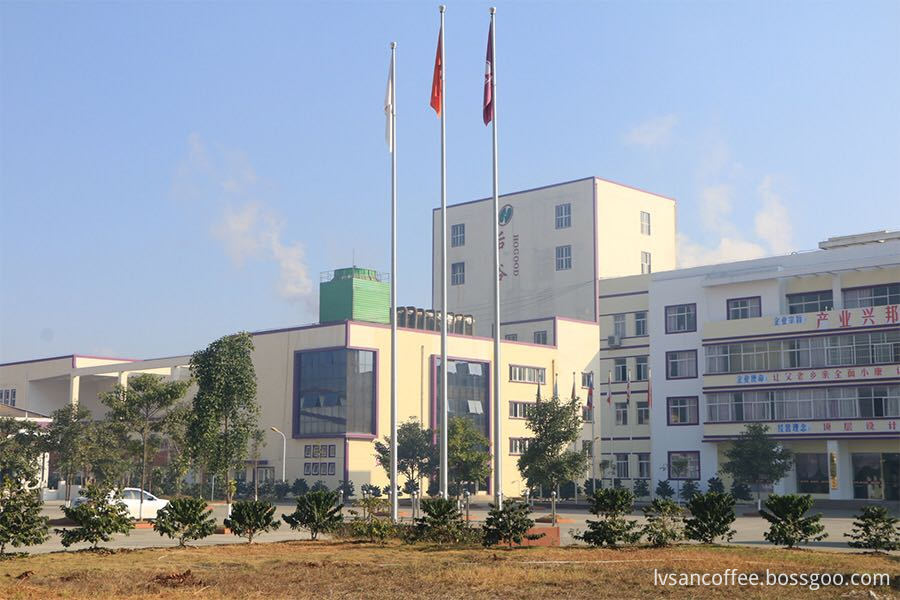Prevention of Grape Cracking "Seven Characters"
100%Arabica Instant Coffee: The flavor is sweet and soft. It is a High quality raw material of black coffee.
Product features:
1. Special large package for industrial raw material sales;
2. 100% pure coffee;
3. Good instant solubility;
4. Unique aromatic oil recovery device to maintain the flavor of coffee to the greatest extent;
5. Stable raw material origin and long-term supply
Granulated Coffee,Instant Black Coffee,Best Soluble Coffee,Arabica Instant Coffee Yunnan New Biology Culture Co,.Ltd , https://www.lvsancoffee.com

